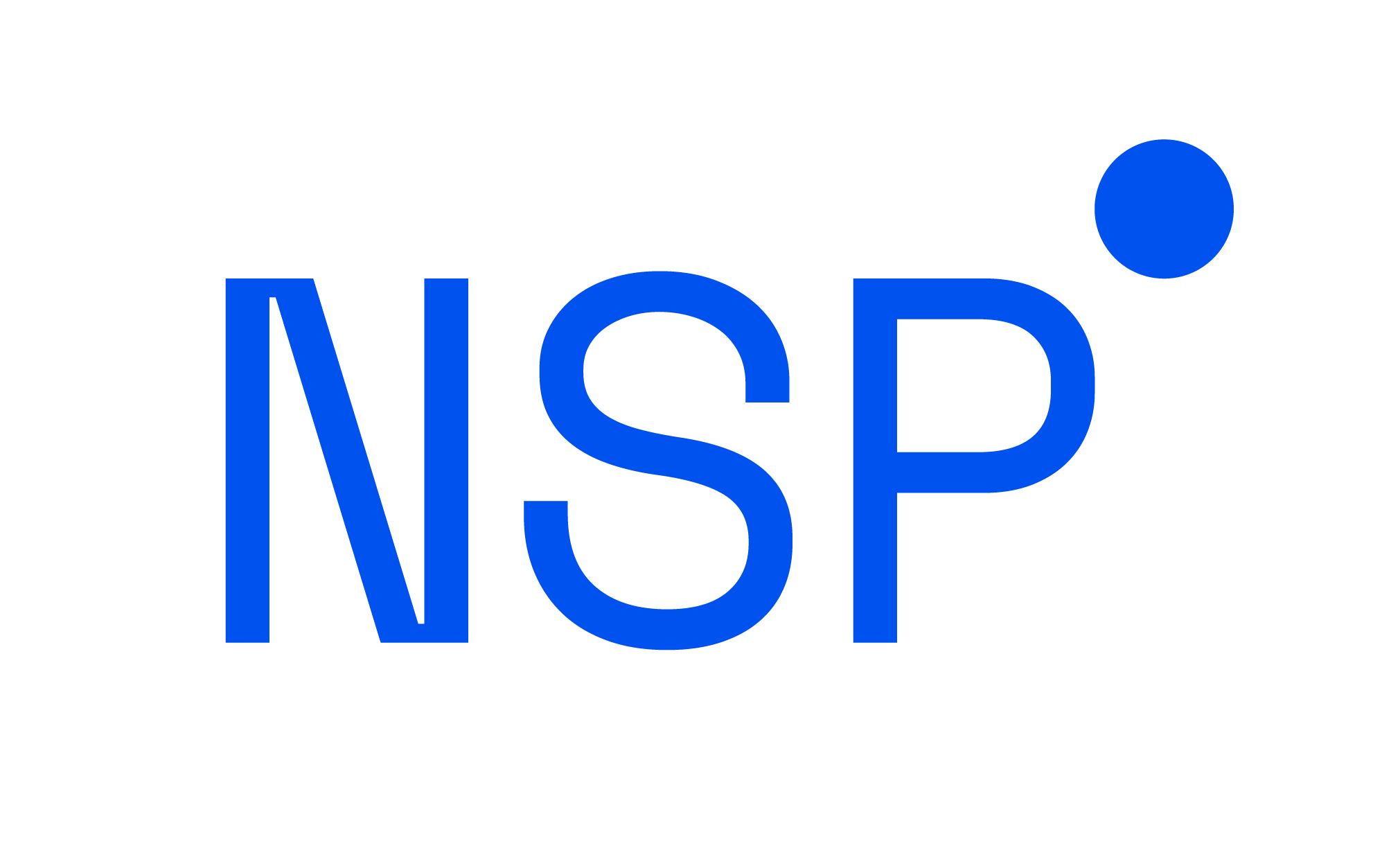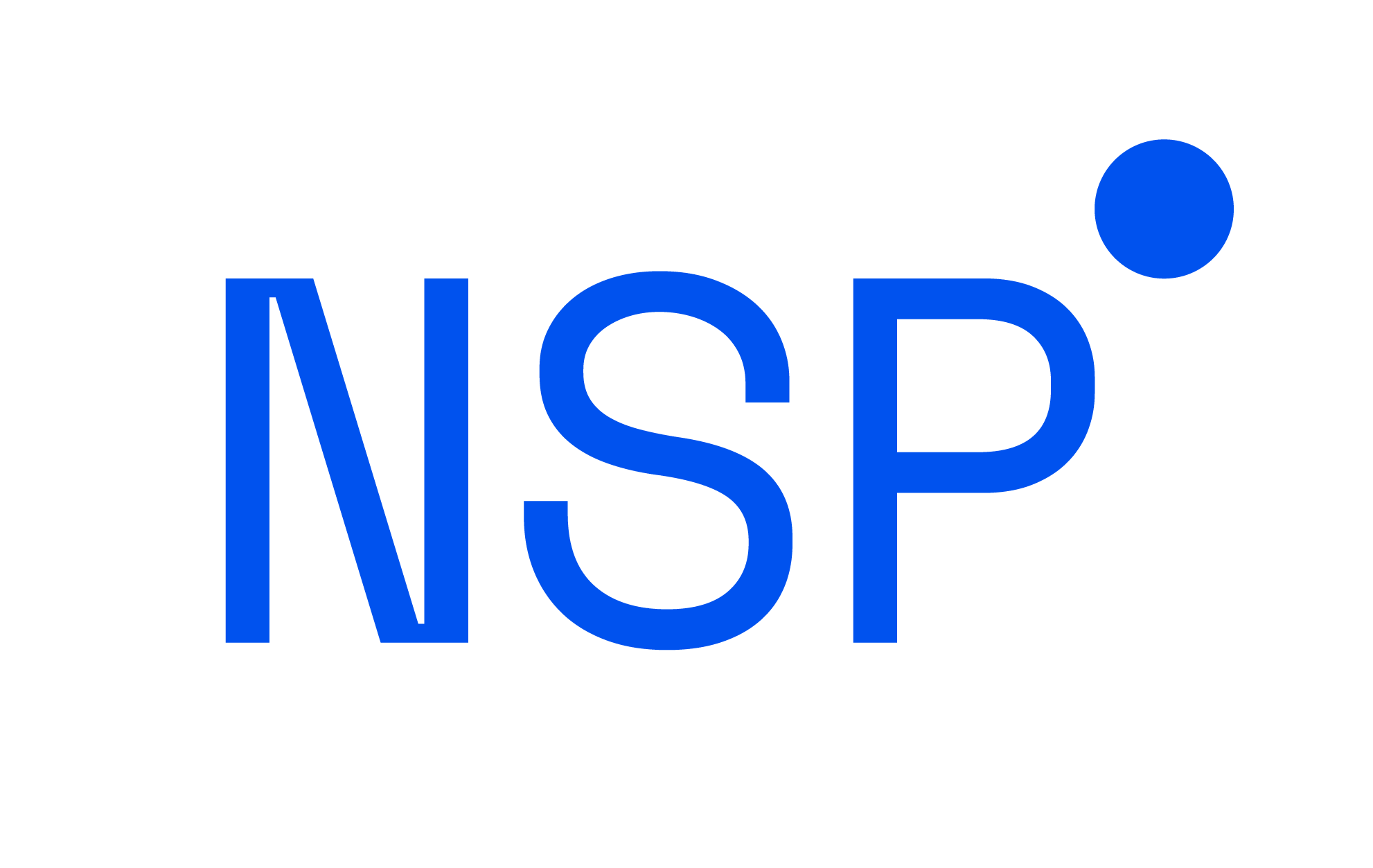
“Content is king,” said Bill Gates in a prophetic article dating back to 1996. The Internet was a child, and mobile was yet to come, but he foresaw the importance of content curation to build a marketing strategy for the digital era.
So, what is the purpose of content marketing? To attract and engage customers, delivering brand value in the process. As the number of players in the digital arena continues to grow, you need something to jump-start your output. You need content marketing tools that’ll help you boost customer engagement.
Branded content curation has rapidly become one of the favorite tactics companies use to create awareness and word-of-mouth, that will lead - hopefully - to sales. This perspective is particularly true since the inbound marketing methodology has become standard, replacing worn-out and outdated outbound actions.
Brands have become publishers, and the result is the proliferation of content, on social media and digital properties. Roughly 27 million pieces of content are shared on the web every single day, and brands challenge to retain customer attention. The attention invaluable, and replaces ‘space’ as the main element to succeed and pave the way for loyalty.
You are defined today not by your products or services, but by your unique story. In the Age of the Customer, it’s content that helps craft a story about your company, drive your unique value and persuade clients that they should choose you over the others. Content is essential to deliver an amazing customer experience.
Yet, there is one point too many marketers still miss: the most remarkable content is never product-based. If you want to attract, you need to offer a solution that puts together customers’ needs and company goals in one amazing piece of content.
While you can take advantage of technology to improve productivity, you can’t rely on it to stand in for you in the content curation. While other parts of marketing are being increasingly automated, content is still very much a manual job.
That being said, luckily there are plenty of content marketing tools out there to make the art of shaping great content much easier. Tools to pick up the perfect topic, to organize your daily routine, to find and share inspiration. In a few words, tools to set up a smooth content creation machine.
FEEDLY
The content curation process starts with finding inspiration, and that involves reading tons of insightful articles and blog posts. Since Google Reader has shut down, Feedly has become the best option to gather news from different sources in one place. You just need to create your feed, choosing your favorite sources and sorting content by topics.
KEYWORD PLANNER
If your content does not come out on search engines when customers enter your keywords, that’s a problem. There are plenty of fantastic tools to search the Internet - or scan your website - to find the perfect keyword for your piece of content, but Google Keyword Planner is the best, because it’s included in AdWords and connected to Analytics.
Also try: KeywordTool
TRELLO
Content marketing without accurate planning is just a waste of time and resources. Trello is the (free) answer to managing everything from ideas to publishing calendar. It uses cards to streamline your content creation and gives you the ability to collaborate with your team using real-time feedback on what you create. A storage of potential articles, packed with links and notes.
Also try: Evernote
BUZZSUMO
Do you want to gather ideas on a particular topic? Do you wish to understand what types articles get more shares on a specific industry? BuzzSumo is the ideal tool to find the most shared content and the key influencers to get inspiration. The downside is that you can only get a few insights with the free version, but it is surely worth the price.
Also try: Ninja Outreach
MINDMUP
Sometimes you simply can’t untangle the skein of a topic, and you need a sort of map to solve the puzzle. MindMup enables you to put your ideas ‘on paper’ in the form of mind maps, to better understand what’s on track and what’s not working for your content strategy. A simple way to map out your brainstorm sessions and ideas.
Also try: MindNode
CANVA
In the age of social media, visual content is critical to creating the ‘wow’ effect for your customers. Over the last months, all major social networks have raised the value of visual into their feed streams. With Canva, you can create your own in few easy steps: flyers, posters, infographics. A simple design software with a huge library of templates and assets that you can personalize.
Also try: Easelly
HEMINGWAY
Even if English is your mother tongue, it doesn’t mean you can write effective content in a style that is concise but explanatory. Hemingway, inspired by Ernest Hemingway - well known for his style, will help you do exactly this: create easy to understand texts. Short, simple, and readable on mobility; this is the main requirement for online content.
Also try: Grammarly
GROWTH HACKERS
Content marketing is not only about creation and curation. It is also about dissemination. You can create the best piece of content on earth but, if nobody reads it, then it is totally useless. Once you have published your blog post or article, you can spread the word using social media and communities like Growth Hackers, specifically dedicated to marketing and innovation topics.
Also try: StumbleUpon
PLACE IT
Do you want to use visuals to promote your brand or products, but you don’t want to pay a graphic design studio do realize the video/picture. That’s when PlaceIt comes into play. The service lets you upload your own images into real-world environments, with a focus on people holding smartphones or laptops. You will save the time needed to learn or edit and receive a professional output.
Also try: Magic Mockups
GOOGLE ANALYTICS
Data analysis is the beginning and the end of any content marketing strategy. Google Analytics is the benchmark, but you can test and try different tools to decide which one fits you best. Whether you need to find the perfect keywords, understand customer's behavior on your pages or study real-time statistics, this is the tool you can't live without. Content without stats is blind.
Also try: Webtrends
Now it's your turn. What do you think of these tools? Have you used them yet? Do you have other tools/apps to suggest? Comment to share your insights.
To help you provide a strategic advantage to your organization, Neosperience has crafted the first DCX 7-Steps Checklist, with requirements and insights for a successful digital transformation. Download the free guide here:



 Your magnifing glass to deeply understand your users and increase the value of each relatonship.
Your magnifing glass to deeply understand your users and increase the value of each relatonship. Listen to the voice of your customers deeply to understand what they truly want.
Listen to the voice of your customers deeply to understand what they truly want. The Lead Generation Platform to get leads from anonymous traffic on your website.
The Lead Generation Platform to get leads from anonymous traffic on your website.  Understand the behavior of people in physical spaces and monitor safety requirements.
Understand the behavior of people in physical spaces and monitor safety requirements. The Digital Commerce Platform designed to follow the most modern technological standards..
The Digital Commerce Platform designed to follow the most modern technological standards.. The XReality platform to tell brand and product stories by connecting physical and digital worlds.
The XReality platform to tell brand and product stories by connecting physical and digital worlds. Points, rewards, levels, badges, missions: a world of nudges to nurture your customer community.
Points, rewards, levels, badges, missions: a world of nudges to nurture your customer community. Discover all the other solutions!
Discover all the other solutions!









